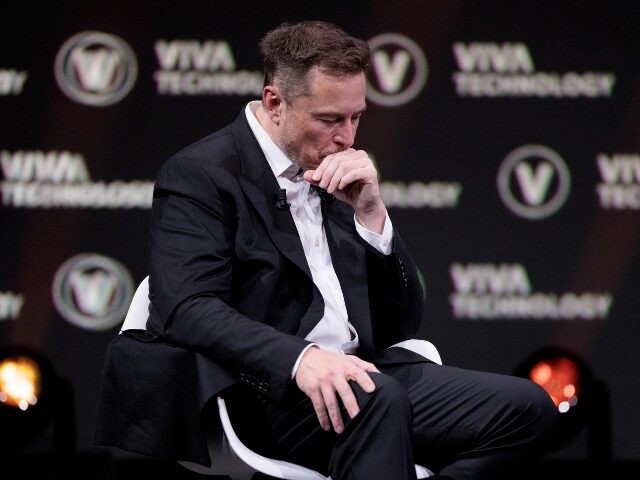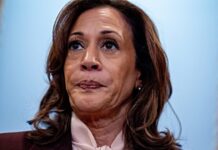Elon Musk’s Tesla, once the undisputed leader in the electric vehicle market, is now grappling with a series of challenges that threaten to undermine its dominance.
The New York Times reports that Elon Musk’s Tesla finds itself grappling with a number of challenges that pose a significant threat to its long-standing market dominance. As the company’s share price continues to decline, with a staggering one-third of its value erased this year despite record highs in major stock indexes, investors are increasingly apprehensive about Tesla’s ability to maintain its competitive edge in a rapidly evolving market.
One of the primary factors contributing to this growing concern is the onslaught of competition from rival manufacturers, particularly those from China. Automakers such as BYD, SAIC, and Geely Auto are aggressively expanding their electric vehicle portfolios, introducing a wide range of models that cater to diverse consumer preferences and budgets. Musk is already facing severe pricing pressure in the communist country. Simultaneously, established industry giants, including BMW and Volkswagen, are intensifying their electrification efforts, with plans to launch over 150 new electric models by the end of the year, as reported by HSBC.

In contrast to its rivals’ rapid product expansion, Tesla has been comparatively slow in introducing new mass-market vehicles, with its last major release being the Model Y in 2020. Although the recently unveiled Cybertruck has generated significant buzz, its niche appeal, unconventional design, and high price point may limit its ability to capture a broad customer base. Moreover, Tesla’s highly anticipated $25,000 electric car, which could potentially tap into a wider market segment, is not expected to be available in substantial quantities until 2026.
Tesla’s pricing strategy has also come under scrutiny, as the company has repeatedly adjusted prices in an effort to stimulate sales. While these price reductions have indeed made electric vehicles more accessible to consumers, they have also had a detrimental effect on the company’s profitability and the resale value of its cars. This approach, as noted by Gary Black, managing partner of the Future Fund, conditions potential buyers to “wait for a deal,” further eroding Tesla’s long-term prospects.
Adding to these challenges are the concerns surrounding CEO Elon Musk’s leadership and commitment to Tesla. Musk’s involvement in numerous other ventures, such as SpaceX and X (formerly Twitter), have raised questions about his ability to effectively manage Tesla. The recent Delaware court decision to invalidate his $50 billion compensation package has further strained the relationship between Musk and the company’s board, with Musk threatening to relocate Tesla’s corporate registration from Delaware to Texas in response.
Despite these challenges, Musk remains outwardly optimistic about Tesla’s future. During a recent visit to the company’s factory near Berlin, he dismissed concerns about the falling share price, stating, “The stocks go up and down, but what really matters is are we making and delivering great products.” He also reaffirmed his commitment to expanding the German factory’s production capacity to as many as one million cars per year.
Read more at the New York Times here.
Lucas Nolan is a reporter for Breitbart News covering issues of free speech and online censorship.




